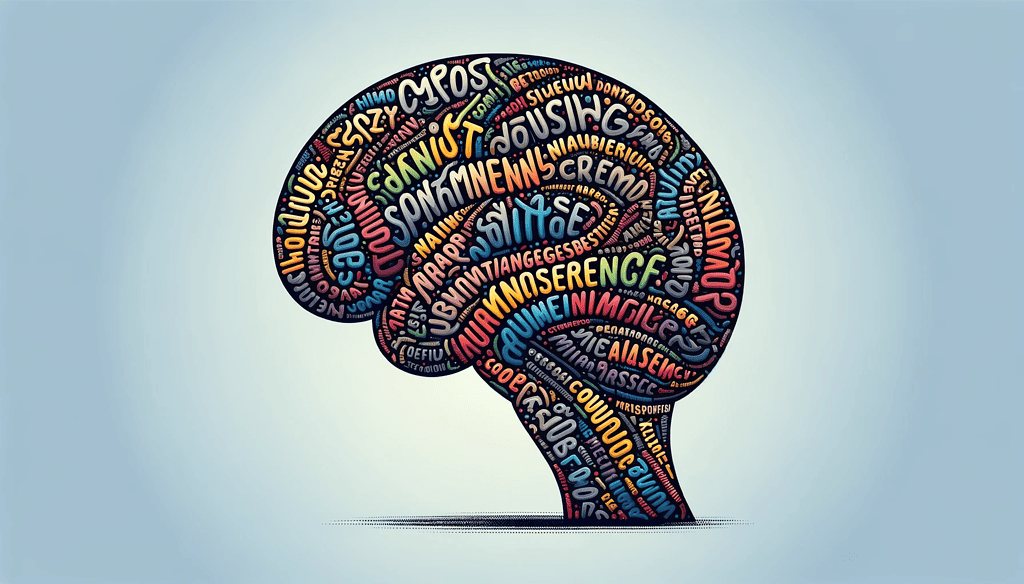Though this might sometimes be embarrassing, a new study suggests mixing up people’s names is completely normal and by no means a sign of bad memory or aging. In fact, it may be something deeply ingrained in our brains.

Psychology and name mixing
The phenomenon of mixing up names isn’t new. Historical anecdotes are replete with tales of people, from scholars to kings, accidentally swapping names. Initially, these mix-ups were often attributed to distraction or lack of attention. However, as psychology emerged as a science in the late 19th century, experts began to view this as an area worthy of study.
Early psychologists like Sigmund Freud theorized that name mix-ups could be subconscious slips, revealing hidden thoughts or feelings.
By the mid-20th century, the focus shifted from Freudian interpretations to cognitive explanations. Researchers started examining how memory processes and social relationships influence our ability to recall names correctly. The rise of cognitive psychology brought new understanding, suggesting that these errors were less about hidden meanings and more about how our brains categorize and retrieve information. So it seems to make sense that mistaking names is linked a cognitive decline or error.
But things are not that clear.
New insights into why we forget names.
Samantha Deffler, a cognitive scientist at Rollins College, in Winter Park, Florida., surveyed 1,700 men and women of various ages and found people often mixed the names of family and friends. She says this is a ‘cognitive glitch’ resulting from how the brain categorizes and stores these names.
The brain’s mechanism for storing and recalling names is complex. Biologically, names are arbitrary labels, devoid of descriptive information. This makes it hard for the brain to remember them compared to other types of memory, like events or objects. When we try to retrieve a name, our brain navigates through a network of associations – personal characteristics, shared experiences, even physical attributes.
So the brain uses different “folders” for different names. The names of people closest to our social circle are stored in their own folder while the names of acquaintances, distant relatives or people you just recently met are stored in another folder.
Deffler and colleagues found that when people used the wrong name for a person, in the vast majority of cases the name that was used fell in the same category as the name that was supposed to be used. This happens when our brain is multi-tasking and has to quickly retrieve the words. Say you’re very concentrated writing an essay when your daughter Emilly walks in to ask about something. You’re still facing the computer screen, typing, when you reply “It’s in the cupboard, Megan”. “It’s Emily, mom. Megan’s my sister, remember?” *facepalm*.
According to Deffler, the names Emily, Megan and maybe a couple others are floating in the mind and mom picked one because they were in the same folder. These names have different priorities but sometimes competing names win, resulting in a momentary glitch. And yes, moms seem to be the group most prone to name mix-up.
It’s not just humans. We also mistake pet’s names
We see examples of name mix-ups in everyday life. Parents often cycle through the names of their children before landing on the correct one, especially if the names start with the same letter or sound. Teachers might confuse students’ names, particularly if they resemble each other or share behavioral traits. Even in workplaces, colleagues with similar roles or who joined the company around the same time often find their names interchanged.
Oddly enough, it’s not only loved ones’ names that get mixed up. It can happen with pet names too.
“Whatever dog we had at the time would be included in the string along with my sister Rebecca and my brother Jesse,” Deffler recalled from her personal experience.
Mom might call you by your dog’s name, which can be hilarious or weird, depending on the situation. However, pet name mix-up seems to happen only with dogs. The study suggests people are far less likely to mix a person’s name with that of a cat, chinchilla or some other pet. It’s not clear why but it may be that some dog owners care about their pets just as much as human loved ones.
“Overall, the misnaming of familiar individuals is driven by the relationship between the misnamer, misnamed, and named; phonetic similarity between the incorrect name used by the misnamer and the correct name also plays a role in misnaming,” the researchers reported in the journal Memory & Cognition.
In conclusion, mixing up names is a common, often amusing quirk of human cognition, deeply rooted in how our memory works.
So, folks, now you have the perfect excuse when you mix-up your partner’s name with the “ex”. Seriously, you can try to science your way out.






